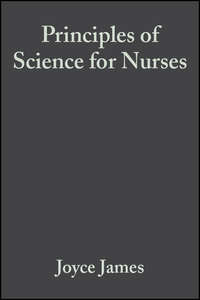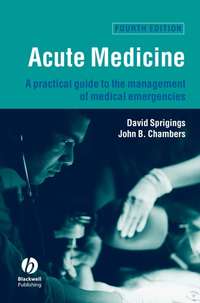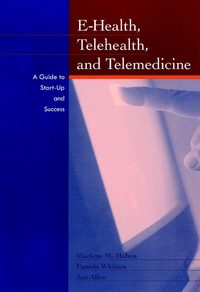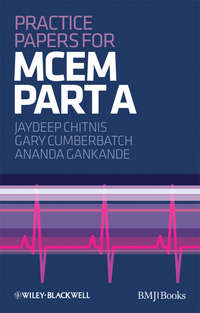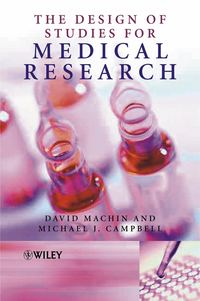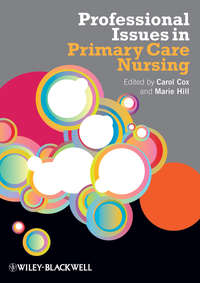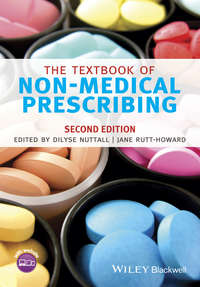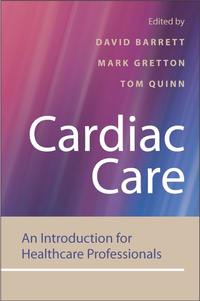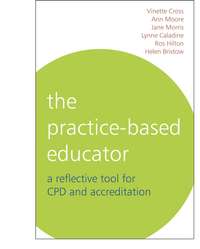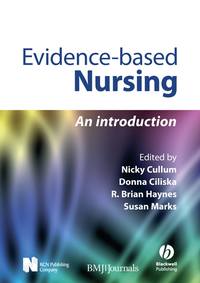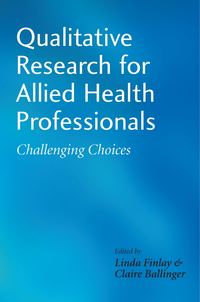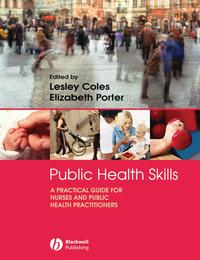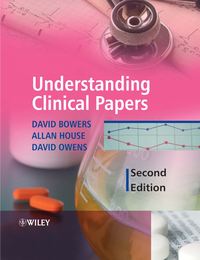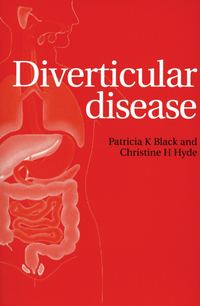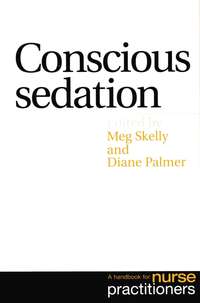Книги жанра клиническая медицина
This very basic textbook aims to provide nursing students with the essential bioscience they will need to complete their Common Foundation Programme. The book will explore the relevant basic scientific principles, apply these principles to clinical situations and then ask review questions. For anyone who has not studied science before this will be an excellent introduction to the key concepts of c…
This extremely popular title has become the definitive pocket guide to the management of medical emergencies for front-line hospital doctors. It provides detailed guidance on the diagnosis and treatment of all common conditions and includes a step-by-step guide to the nine most important practical procedures in acute medicine.
E-Health, Telehealth, and Telemedicine is a hands-on resource that shows how communication technologies can be designed, implemented, and managed to help health care professionals expand and transform their organizations. Step by step the authors reveal how to introduce innovative communication tools to a wide range of health care settings. This indispensable book contains a wealth of information,…
If you’re taking Part A of the MCEM then look no further – we have the resources to help you pass! Practice Papers for MCEM Part A features practice questions based on original examination papers to be found in Part A of the College of Emergency Medicine Membership examination, including 8 practice paper MCQs written by teachers and recent participants in the exam. The practice papers (and their a…
The same careful rigour imposed on the design of phase III randomised controlled trials is not always applied to medical research in other areas such as trials conducted at earlier stages of drug development. With the emphasis that is now placed on evidence-based medicine, such care and rigour will inevitably impact on these areas with increasing attention turned to the quality of design. This tit…
As both [practice and walk-in centre] nurses continue to adapt to the constant on-going change demanded by both the public and the government paymasters they will face ever-growing self questioning about their role responsibilities and their need to remain competent, knowledgeable and safe practitioners. From the foreword by Professor Dame Betty Kershaw, DBE, FRCN, Education Advisor, The Royal Col…
The Textbook of Non-Medical Prescribing is an easy-to-read, comprehensive overview of the essential knowledge, key issues and skills relevant to non-medical prescribing. Now fully updated and linked to the National Prescribing Centre Single Competency Framework for non-medical prescribers, with activities to help you link your continuing professional development within the competences required as …
Written by experienced clinicians, Cardiac Care: An Introduction for Nurses takes readers step by step through the patient journey, from initial prevention through the critical period to rehabilitation or palliative care. A fundamental resource for all those new to cardiac care, the book provides a basic grounding in the underlying pathophysiology of the disease as well as an understanding of avai…
Designed for all those involved in education within the practice-based setting, this book encourages the reader to become involved in their own personal development as a practice-based educator through reflection on their own practice. The reader is encouraged to generate and organise evidence of their own Continuing Professional Development (CPD) through practice-based learning and teaching activ…
What is evidence-based nursing? Simply, it is the application of valid, relevant, and research-based information in nurse decision-making. Used effectively, evidence-based nursing methods can be used to dramatically enhance patient care and improve outcomes. Evidence-based Nursing is a practical guide to evidence-based nursing for students and practitioners. Proceeding step-by-step, it enables nur…
This practical text addresses a gap in the literature by mapping the links between philosophy, research method and practice in an accessible, readable way. It offers guidance to allied health professionals – increasingly involved in research as the emphasis grows on evidence-based practice – on how to engage in meaningful, good quality qualitative research. To help researchers take on this challen…
Nurses and other public health practitioners have a crucial role to play in helping to improve the collective well being of society and so developing skills in public health – preventing disease, prolonging life and promoting health – is key to this process. Public Health Skills: A practical guide for nurses and public health practitioners covers the complete spectrum of public health practice: th…
Now in its Second Edition, this book helps to unravel the process of evidence-based practice, which requires clinicians to evaluate and collate information from the journals they read. Understanding Clinical Papers, Second Edition uses actual papers to illustrate how to understand and evaluate published research, but goes beyond this to provide an explanation of a range of important research-relat…
Diverticular disease first became recognised at the beginning of the 20th century and although the incidence of the disease is not known, it is considered to be a disease of the older person. This book looks at a disease that is known as a Western world disease, often called by surgeons a 'cinderella disease' as they often feel that there is little to offer the patient with uncomplicated diverticu…
In retrospect, the dosage of IV sedatives used in the early days of endoscopy both in the USA and Great Britain was frequently too high. Today we are much more careful in the way we sedate patients being acutely aware of the fact that if the patient becomes unresponsive and verbal contact is lost then, by definition, a general anaesthetic has just been administered with all the clinical and legal …
